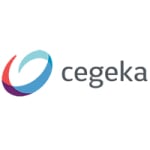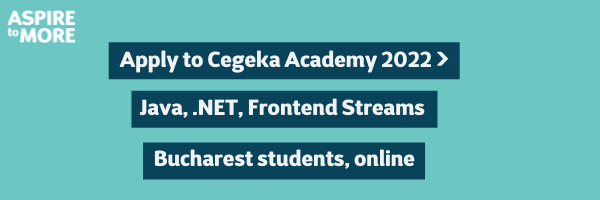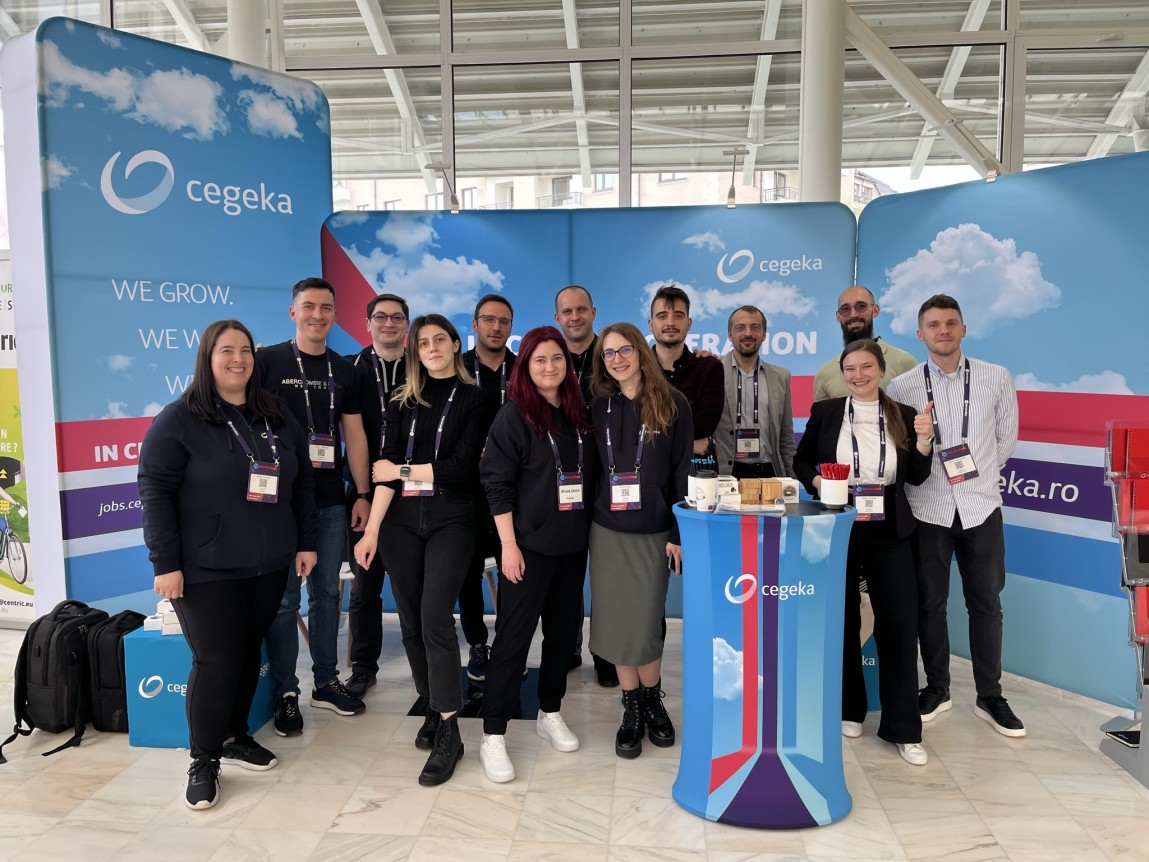Who am I?
Hey, my name is Radu Cristina, I'm 22 years old, I recently graduated from the Department of Economic Informatics in the Faculty of Cybernetics, Statistics and Economic Informatics at ASE. I decided to pursue a Master's degree at the same faculty, SIMPRE, which deals with topics on Business Intelligence, Cloud Computing, Cyber Security, Big Data, Social Networks, Mobile programming, Project Management and Enterprise Resource Planning. I have always been a driven person, ready to learn something new and solve problems; these are some of the factors that influenced my decision to pursue a career in programming.
Next, I thought I'd share with you how the program that led to my first job went.
The transition from the student benches to a completely new environment, namely your first job, may not be the easiest. College can provide you with some essential puzzle pieces for your future career, but how do you put them together in order to create and visualize the big picture required in practice?
The first technical academy, at Cegeka, was the ideal blend of theoretical knowledge I gained in college and practice, but also the place where I could learn new skills so that, in the end, I could be part of a cohesive team that could realize a functional project.
What is Cegeka Academy?
Cegeka Academy is a learning program that combines theoretical knowledge with hands-on projects, dedicated to students in their final year of their bachelor's or master's degree who want to pursue a career in IT. At the moment, the applications are open until February 20th, for this year's edition. The program has 50 seats for 3 streams: Java, .NET and JavaScript. You can find here more info.
Recruitment period
I felt my emotions filling me up from the moment I found out I had passed the CV stage. The hiring process continued with a technical test followed by an interview. I wasn't sure what these meant, so I decided to look up potential questions on the internet while also attempting to solve several exercises to make the acquired information my own, my memory being trained through practice, making me more confident in my own strengths.
The main source of help for me was YouTube, I realized how easy it is to find various information using keywords. Another useful platform was Hackerrank, where I found several types of problems organized on different difficulty levels.
Despite my nervousness, after completing this stage, I realized that the situation was not as difficult as I had anticipated, and I gained more confidence in myself. I believe it is critical to approach the situation calmly and not allow emotions to overwhelm you, as well as to trust yourself and the knowledge you have gained.
The technical exam included both theoretical questions and a simple problem that had to be solved quickly using college knowledge. The interview was more of a casual, get-to-know-you conversation.
The recruitment process was very friendly, the HR representative was always engaged and spoke with me about where I was in the process and what I might expect next.
How did it all start?
Due to the pandemic scenario, the Academy was divided into two sections, each of which was conducted online. The first step entailed reviewing and applying theoretical concepts, while the second involved working in smaller groups to finish a project with the help of two Cegeka mentors.
At the first online meeting, we learned what topics will be covered during the three months as well as which mentors will be guiding us during that time. The learning sessions in the edition I attended were held twice a week and gradually increased in difficulty. I went to the Java stream, where mentors taught us the fundamentals of the language, how to use the Git platform, concepts of object-oriented programming, and how to write clean code. After settling in, I learned the fundamentals of Maven, SQL/JDBC databases, Spring, and Hibernate.
Each week, theoretical concepts were presented while also being applied in a practical context on specific problems or exercises, allowing the information conveyed to be more easily understood. We had to do some homework before moving on to the next concept, but we also participated in tests like Kahoot, which allowed the mentors to see which concepts were understood and which needed to be reinforced. We were given individual homework, but if we had any questions, we could ask the mentors in a special WhatsApp group. If we failed to set up a project for a particular topic or in the type of a presentation, the mentors were willing to help us fix our setup to get rid of the problem as quickly as possible.
The first project?
The last month was spent working in smaller groups on a project. They had five members and two mentors, and the topics were various. The goal of the project was to apply the concepts learned in a setting as close to production as possible. The applications were based on a Spring Framework and a PostgreSQL database.
Together with the team I was part of, we had to build the backend of an application that was meant to help car owners manage their cars. The application allowed the creation of a user account, the addition of cars, the management of the routes taken by each car, as well as the average consumption, the distance travelled and the engine start or stop location.
The mentors assisted us in defining the entities of the models as well as the tasks that needed to be completed. After implementing the requirements, the functionalities were also verified through test suites or through the platform Postman.
In addition to applying and deepening the concepts presented, the project aimed to help us develop our soft skills: learning to communicate as a team, to ask for help, to prioritize and share tasks equally, but also to communicate when we have a problem or have completed the task we were working on in order to move on to the next stage.
After finishing the project, one of the mentors assigned to the team gave me feedback on my experience in the Academy, but he also told me about his own experience at the start of his career.
Cegeka Academy was a program that helped me grow professionally and gain a better understanding of what a future job in this field entails. The theoretical elements, which were supplemented with examples and exercises, made it much easier to understand, and finally applying them in a project completed the process perfectly.
What followed after the Academy?
The academy was the starting point of my career because after completing it, I continued my learning process as a Software Developer at Cegeka.
The first task I had to implement was a bit of a challenge because I didn't know how to start implementing such a requirement, which appeared to be quite complex at first.
To help with the adaptation, I received assistance from a colleague known as a fellow, who explained the steps of the task and the main aspects of the application to me in broad terms. Having someone's assistance gave me more confidence in myself, knowing that if I ran into any problems or bottlenecks during the implementation, I could call on this support.
Even though I had moments when I thought I would not complete the task, having someone willing to support me kept me motivated and confident, so that after completing the first task, I simply felt like I was flying and that I could accomplish anything.
In conclusion
As a learning program, it focuses more on the technical side, but I appreciated that there was also a bond among teammates and that I met and worked with people who shared my interests, which was a beneficial experience for my professional and personal development.
For me, the Academy was a special stage. Everything presented was well-structured and helped me mix what I learned in college with actual practice and effective teamwork. I recommend the program to all students who have the opportunity to participate in the recruitment process.
Even though I initially dreaded the interview and the fact that the interview coincided with the time I was preparing for my degree, I'm glad I got over it and decided to take a chance on joining the program. Not only did the discussion increase my confidence, but I also learned information that would help me better structure the implementation of my college thesis.
If I've piqued your interest, apply to Cegeka Academy's new edition, starting in March. Apply here - by February 20th.
If you have any questions, please contact me via LinkedIn. Best wishes on your new career!
































